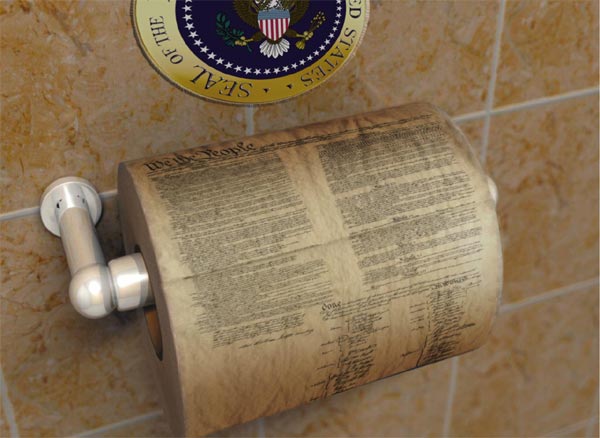Blood On Toilet Paper

Why Do I Have Blood on the Toilet Paper?
By Audrey Lynn - Ezinearticles
Out of a sudden, you noticed blood on the toilet paper after your usual bowel movement. Your first reaction may be shock and then worry. Rectal bleeding may be a sign of a serious condition.
Suffering from bleeding from the rectum can mean many things. The rectum is located just above the anus that is why it is called rectal bleeding. Sometimes this blood is mixed with stool and blood clots. This kind of bleeding could be mild to severe in some cases. You should always seek consultation to understand your condition.
By Audrey Lynn - Ezinearticles
Out of a sudden, you noticed blood on the toilet paper after your usual bowel movement. Your first reaction may be shock and then worry. Rectal bleeding may be a sign of a serious condition.
Suffering from bleeding from the rectum can mean many things. The rectum is located just above the anus that is why it is called rectal bleeding. Sometimes this blood is mixed with stool and blood clots. This kind of bleeding could be mild to severe in some cases. You should always seek consultation to understand your condition.

So what could cause having blood on the toilet paper?
The causes of bleeding varies. Some causes that may be included are anal fissures, hemorrhoids, colon cancers and polyps of the rectum and abnormal blood vessels. You may need to seek professional diagnosis if you suspect your condition may be more serious.
The cause and site of rectal bleeding is important for prescribing the right treatment. The determination of both is done by doing a complete history and physical examination of the patient. Some other things that may be done could be a anoscopy, flexible sigmoidoscopy, colonoscopy, radionuclipe scans, anglograms and blood tests. A patients age may be an important factor in determining the cause of bleeding.
Rectal bleeding is treated basically in three ways. Checking the low blood volume and anemia (low iron levels). Finding the cause and the location of the bleeding. Last of all stop the ongoing active bleeding and to prevent the bleeding from reoccurring.
Any level of bleeding can cause the loss of amount of blood to result in many symptoms. Symptoms like weakness, low blood pressure, dizziness and fainting and sometimes even shock. A colonoscopy is the procedure that is used the most to diagnose and prescribe treatment of bleeding from the rectum.
If you notice any sign of rectal bleeding, do seek professional consultation to find out the cause. If it is due to hemorrhoids or piles, there are many form of natural effective treatments in the market.
The causes of bleeding varies. Some causes that may be included are anal fissures, hemorrhoids, colon cancers and polyps of the rectum and abnormal blood vessels. You may need to seek professional diagnosis if you suspect your condition may be more serious.
The cause and site of rectal bleeding is important for prescribing the right treatment. The determination of both is done by doing a complete history and physical examination of the patient. Some other things that may be done could be a anoscopy, flexible sigmoidoscopy, colonoscopy, radionuclipe scans, anglograms and blood tests. A patients age may be an important factor in determining the cause of bleeding.
Rectal bleeding is treated basically in three ways. Checking the low blood volume and anemia (low iron levels). Finding the cause and the location of the bleeding. Last of all stop the ongoing active bleeding and to prevent the bleeding from reoccurring.
Any level of bleeding can cause the loss of amount of blood to result in many symptoms. Symptoms like weakness, low blood pressure, dizziness and fainting and sometimes even shock. A colonoscopy is the procedure that is used the most to diagnose and prescribe treatment of bleeding from the rectum.
If you notice any sign of rectal bleeding, do seek professional consultation to find out the cause. If it is due to hemorrhoids or piles, there are many form of natural effective treatments in the market.

Blood On Toilet Paper

0 comments:
Post a Comment